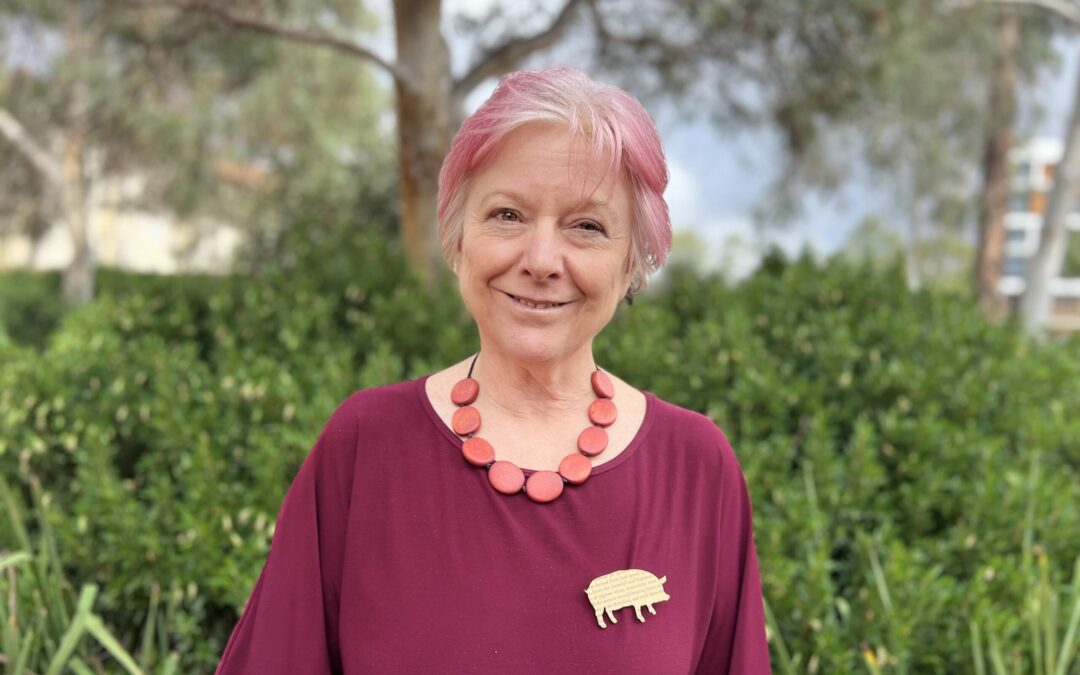The tutor is shouting that we all should pair up and get to know three interesting things about our partner to share with whole class: fun facts like their favourite flavour of ice-cream.
Fun fact: These kinds of activities are not fun for transgender and gender diverse students who instead of choosing between double choc and rum n raisin need to decide whether to introduce their pronouns or be misgendered in front of the whole class.
The first option will likely take up the entire conversation and may still not be understood, while the second could mean a whole semester struggling in silence.
Transgender Awareness Week (November 13-20) falls too late in the year to address the agony of first-class icebreakers. Nevertheless, it is a valuable opportunity for transgender and gender diverse people and their allies to take action to bring attention to the diverse needs and voices of the transgender community.
Yet, looking beyond the rainbow optics of diversity policies and international days of celebration and memorialisation, the everyday experiences of higher education for transgender and gender diverse students are complex and varied.
As Moses*, a trans masc student with non-binary elements, noted there is a fine balance between having a “teachable moment with someone…which is interesting but also it is not our job, we are just people.” Or as Ollie, a student from the University of Adelaide student put it: “We’re not at university to have trans-rights battles…We’re at university to learn about whatever we’re meant to be learning about.”
For Ollie being “so hyper-aware of being perceived” made concentration and learning difficult. Psychologist Charmine Härtel explains that a transgender and gender diverse students will look for clues by scanning the new environment of a tutorial.
They will be sensitive to negative cues which results in non-disclosure of information and self-editing.
The coping and security mechanism of self-editing takes up a lot of brain power and emotional energy, energy that could be used for learning.

Annie and Robin believe Transgender Awareness Week (November 13-20) falls too late in the year to address the agony of first-class icebreakers. Picture: Shutterstock
The problem also frequently extends beyond pronouns, as one queer student shared with us: “The use of ‘preferred name’ did not update across the various administrative accounts, and so I was outed publicly in each of my classes until my teaching staff learned to correct themselves.”
For one Sydney University student updating their legal name in the University system did not result in changes to how they were being addressed in class. In this case, less than half of the commonly used student interfaces actually recognised the change leading the student to note that: “It was easier to change my name legally than through the Student Centre.”
But it doesn’t have to be like this. Moses also described having a mostly positive experience with “some really amazing professors and tutors”. That it is possible to offer amazing pedagogical experiences alongside moments of gender euphoria should set a standard for us all. So rather than fun facts, try reaching out to your gender diverse students for their hot tips! To conclude here are ours:
Robin: Keeping an open mind that everyone can learn new things by staying curious and courageous to educate yourself, especially when occupying a student-facing or teaching role at university.
Annie: Be willing to be guided by students, be willing to apologise and be willing to do things differently.
- Participant in Robin’s research project concerning work experience and career development of transgender and gender diverse individuals.






